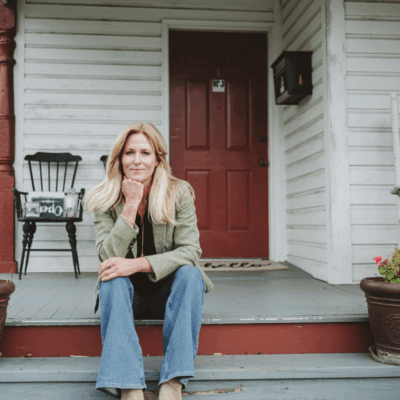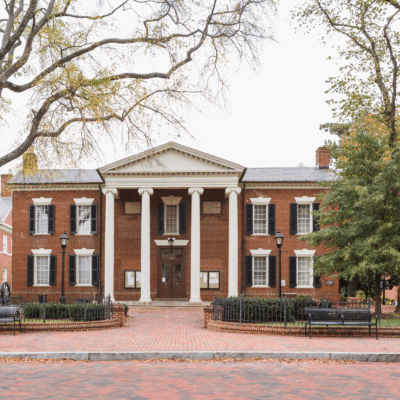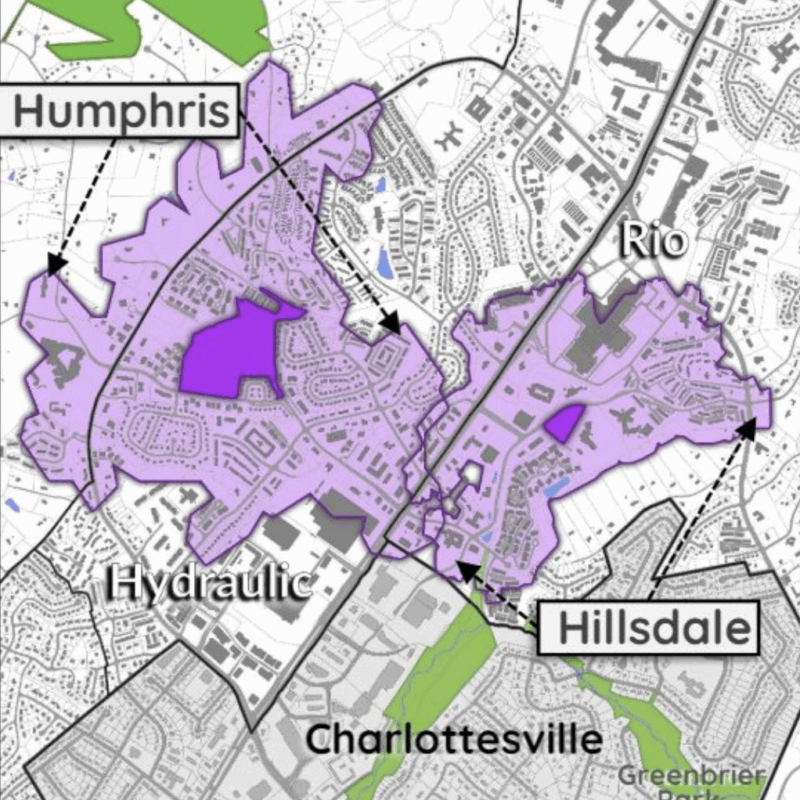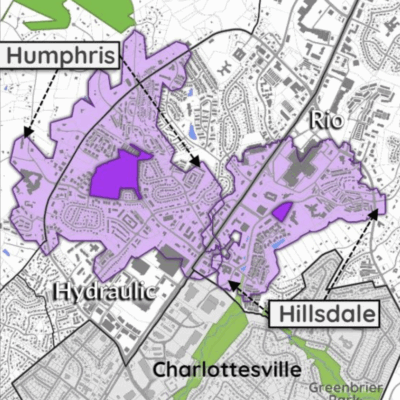By Sydney Halleman
It’s been over a decade since the University of Virginia has seen a serious attempt at unionization. The Staff Union at UVA dissolved in 2008 after failing to keep its membership count high enough, and a 2011 union effort fizzled before it could get off the ground. Now, as the coronavirus pandemic has worsened working conditions and brought workplace safety to the foreground, university employees are giving unionizing another shot.
The United Campus Workers of Virginia’s founding was spurred by concern about UVA’s opening Grounds to students, and the sudden layoffs of Aramark contract workers in April.
“We recognize that decisions that have been made can harm workers,” says Evan Brown, a fourth-year biology graduate student and organizer of the union. “If UVA is such an upstanding member of our community, and if it loves its employees, then it should stand by its workers even when things are tough.”
Crystal Luo had been thinking about unionizing ever since she enrolled in her history graduate program at UVA and began working as a teaching assistant.
“As much as the university likes to say that grad students are students first,” Luo says, “in so many cases we are workers for the university.”
At first, Luo and her cohort didn’t think a union was possible in Virginia. In 2019, Oxfam America ranked Virginia as the worst state for workers’ rights in the entire country. Virginia is one of 27 right-to-work states, a law that weakens unions by banning them from compelling employees to participate in the union. And though unions are legal here, Virginia is one of just three states—along with North Carolina and South Carolina—in which collective bargaining in the public sector is prohibited, meaning unions cannot participate in strikes or negotiate employee contracts with public university representatives.
Then, in March, a touring group of United Campus Workers representatives visited the university to try to gin up support for unionization. The meeting drew around 40 employees; representatives explained that unions were not illegal in Virginia and that, in fact, unionizing was protected under federal law, even though UVA is not legally allowed to recognize or negotiate with the union.
The representatives sparked an interest in unionizing that had not been effectively solidified since SUUVA’s 2008 termination. It didn’t hurt that the representatives came in early March, a week before COVID-19 forced the university to close. The representatives planted a seed for unionization that continued on during the spring.
“People were impressed with the resources that UCW had, and their level of support,” Brown says. “It was like, they have the experience, they have everything we need. Let’s get going.”
“The pandemic lit a fire under a lot of people,” Luo says. “Everyone was being asked to do so much more than they usually would, with no concurrent increase in pay or anything like that.”
UCW has a strong track record of unionizing southern universities, specifically in right-to-work states, and winning higher wages and better working conditions for members. The organization is affiliated with the Communication Workers of America, one of the largest labor unions in the U.S. UCW, unlike many university unions, is a wall-to-wall union, meaning any employee of the university can join. That’s a key difference from UVA unions of the past, which were fragmented and split among different faculty, staff, and groups.
After meeting with the UCW reps, Brown and the ad-hoc executive committee quickly began compiling a list of goals, chiefly that the university switch to fully online classes. Now that students are back, the union is advocating that they return home as soon as possible.
“If we can get the university to make the right call even a day earlier than they would have without community pressure, then that’s one day less of students being in Charlottesville,” Luo says.
Other chief concerns surround the treatment of graduate students and their duties, namely because a majority of the union’s current members are graduate students. Some of their graduate-centered demands include more transparent compensation and a graduate worker representative similar to human resources, which graduate students don’t have access to.
Since transitioning to online classes, some graduate students in the union have seen their workloads double while their compensation remains the same, says Luo.
“Those of us who have been working as TAs have often been asked to shoulder the grunt work of moving classes online,” Luo says.
Luo believes that past unions failed because they took a narrow approach to workplace justice. In order to attract the large, diverse coalition needed to make headway, she says the union will have to emphasize social justice in its rhetoric. “You really can’t win things like wage increases or economic rights without taking into consideration issues of racial justice,” Luo says. “There definitely needs to be a kind of intersectional broad approach [to unionizing.]”
In addition to graduate students, the union hopes to incorporate UVA staff. Luo is particularly interested in having health system representation in the union, citing layoffs, staff shortages, and safety concerns at the hospital.
But the goals of the organization go beyond working conditions at the university. UCWVA also wants to partner with area justice organizations like Black Lives Matter Charlottesville, the local chapter of the Democratic Socialists of America, and Defund Cville Police, so that the union can best provide support to the community outside the school’s walls. In theory, a UVA worker’s union with a strong relationship to the city at large could step in and threaten collective action when the school’s decisions endanger those unaffiliated with the university.
“I think that it’s really time for those of us who kind of live in the bubble of UVA to use this as an opportunity to reach out and engage in a more kind of like democratic and inclusive and community minded form of belonging and organizing here,” Luo says.
“Any time you get a large group of people together, people who make the university run, who are central to the university’s functioning…and we figure out how to use it in constructive ways, then we can make change happen.”





